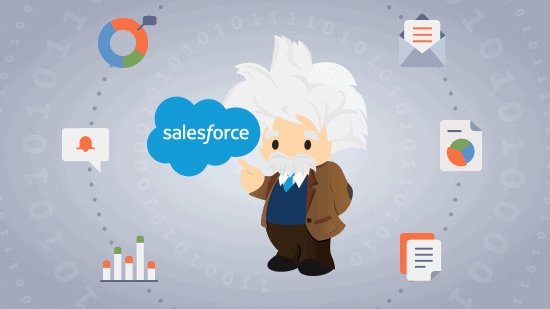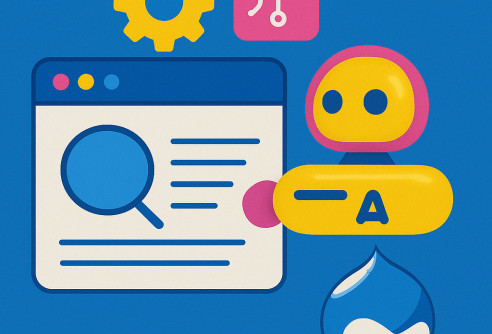AI is all the news - time for a quick read?
ChatGPT is dominating the news and everyone is asking how they can use AI in their business
The surge in interest in AI over the last eighteen months has been driven by the public release of Large Language Models (LLMs), led by OpenAI with ChatGPT, with many others in tow. Large corporations like Microsoft are now repositioning their entire strategy around the incorporation of artificial intelligence at the heart of their key products.
The question is, where does that leave the rest of us?
The first thing we should remind ourselves of is that AI has been around for some time and there are many different types. Some of these technologies can even be classed as mature, at least in the sense that they are market-proven - even if they are still evolving in ability.
The use of LLMs in a business context, beyond research and copywriting, is still an open question. Nevertheless, it has sent a message - that we need to reassess, across the board, where AI can fit into business strategy and make sure we are leveraging these technologies where we can.
Welcome to a deep dive as we take you through your AI options
Understanding AI Basics
Before talking through practical applications, let's take a moment to be clear about what we mean by AI - namely, the simulation of intelligence in machines in order to perform tasks that typically require humans. These tasks include learning, reasoning, problem-solving, perception, and language understanding. To deliver this, AI of different types use techniques such as machine learning, natural language processing and computer vision - often in combination, depending on the application.
Applications of AI are where things get interesting - and challenging for business
Identifying AI opportunities
The likelihood is that you want to start by leveraging proven use cases - where the benefit is risk-free and the cost of implementation low. Here are a few starting points:
- Data Analysis: AI provides valuable insights to help with your decision-making when applied to large data sets, unveiling hidden patterns and trends that otherwise go unnoticed
- Customer Interaction: AI improves customer engagement compared to procedural tools - whether deployed through chatbots, virtual assistants, or personalized recommendations
Automation: AI improves on automation in business workflows with its predictive capabilities based on past learning - generating resource and time savings based on trend mapping and customer behaviour
AI in practice - some examples
Salesforce Einstein Analytics - AI for sales forecasting

Salesforce Einstein Analytics employs machine learning to analyze historical sales data and predict future trends. Sales teams leverage this tool to improve decision-making about potential opportunities and to optimize sales strategies.
Amazon Personalise - AI for e-commerce

Amazon Personalize uses machine learning to generate highly optimized recommendations for customers. Online retailers integrate this tool to deliver relevant product recommendations based on user behaviour, enhancing the customer’s shopping experience and improving their satisfaction and engagement.
IBM Watson - AI for customer support

IBM Watson uses Natural Language Processing (NLP) and can be integrated into chatbots used for customer support. Its ability to process customer enquiries in context provides a naturalness to customer interactions that improves engagement, satisfaction and most importantly, valuable outcomes for both the customer and business.
How we can help you
We understand that assessing AI for your business can be a daunting prospect and offer a consultative approach that helps you through the steps you need to take:
- Needs: A review of your business processes to identify where the deployment of AI can make a significant and positive impact
- Tools: Assistance with tool selection that balance best fit, ease of deployment and long-term suitability for when your needs and circumstances evolve
- Implementation: Delivering the tools choices into your operational space, with the training and support that ensures implementation is smooth, successful and meets your expectations
- Evolution: AI is rapidly improving and ongoing assessment is key to maximizing its benefits. We guide you through measuring the performance of your AI, identifying areas for improvement, while also keeping you informed of any relevant developments.
As AI technology continues to advance, its use across businesses moves from the benefit of competitive advantage to a necessity for maintaining relevance in a rapidly changing world. We believe that with this challenge, collaboration with impartial and unbiased experts is key to success.
We look forward to hearing from you.





